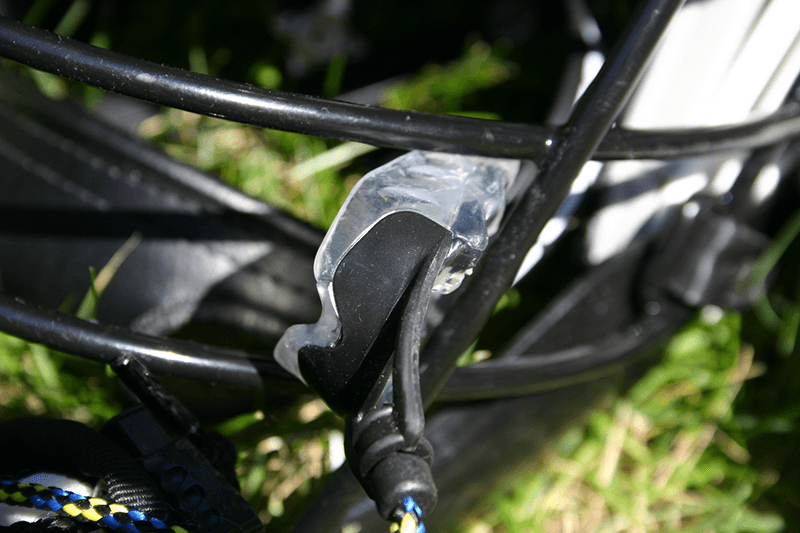Imagine what it would be like if you suddenly lost one or two of your front teeth. Smiling, talking, eating— all would suddenly be affected. Knowing how to prevent injuries to the mouth and face is especially important for those who participate in organized sports or other recreational activities. Teaching young athletes to wear a mouthguard as an acceptable, important part of their uniform will protect them from face and mouth injuries.
“An athlete is 60 times more likely to sustain damage to the teeth when not wearing a protective mouthguard,” said Frank Caughman, DMD, MEd, Associate Dean of Patient Services at The Dental College of Georgia. “Consistent wearing of faceguards and mouthguards prevent an estimated 200,000 injuries each year in high school and college football.”
Mouthguards, also called mouth protectors, help cushion a blow to the face, minimizing the risk of broken teeth and injuries to your lips, tongue, face or jaw. They typically cover the upper teeth and are a great way to protect the soft tissues of your tongue, lips and cheek lining.
“Mouthguards can even help protect against concussions as they help to absorb the force of an upward blow to the jaw,” said Dr. Caughman. “Clenching down on a mouthguard activates head and neck muscles at the time of impact, decreasing the arc of rotation and leading to potentially less trauma to the brain.”
While collision and contact sports, such as boxing, are higher-risk sports for the mouth, any athlete may experience a dental injury in non-contact activities too, such as gymnastics and skating. The National Federation of State High Schools Association (NFHS) only mandates that mouthguards be worn in four sports: football, ice hockey, lacrosse and field hockey. As a result, fewer injuries occur in those sports. However, recent studies show that orofacial injuries occur most frequently in basketball and soccer, two sports where players don’t commonly wear mouth guards.
The best mouthguard is one that has been custom made for your mouth by your dentist. However, if you can’t afford a custom-made mouth guard, you should still wear a stock mouthguard or a boil-and-bite mouthguard from the drugstore. Learn more about each option:
- Custom-made: These are made by your dentist for you personally. They are more expensive than the other versions because they are individually created for fit and comfort and afford the most protection for the athlete.
- Boil and bite: These mouth protectors can be bought at many sporting goods stores and drugstores and may offer a better fit than stock mouth protectors. They are first softened in water (boiled), then inserted and allowed to adapt to the shape of your mouth. Always follow the manufacturer’s instructions.
- Stock: These are inexpensive and come pre-formed, ready to wear. Unfortunately, they often don’t fit very well. They can be bulky and can make breathing and talking difficult.
 Augusta University
Augusta University


